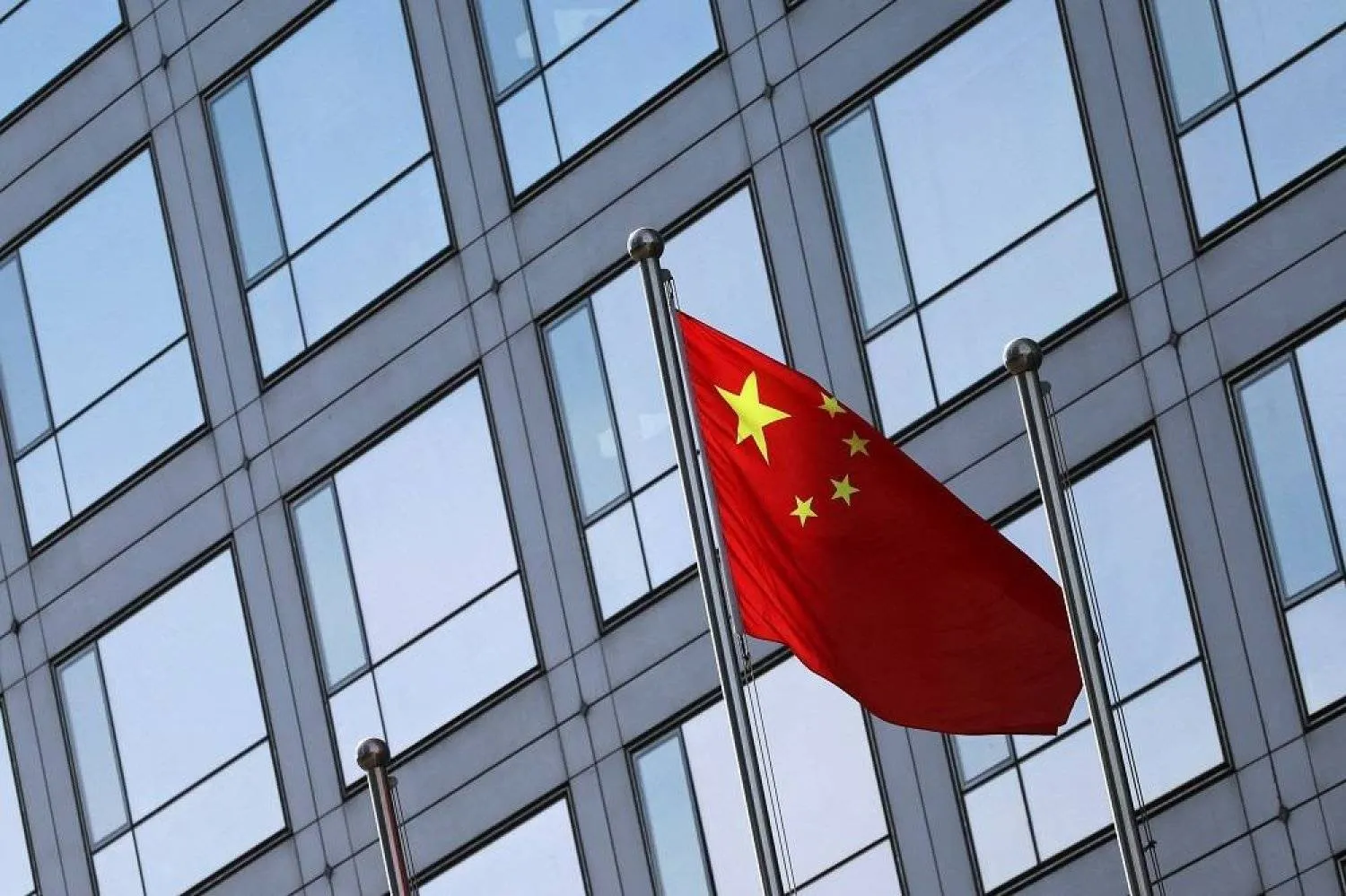China and Peru have achieved "substantial conclusion of negotiations" on the upgrading of a free trade agreement between both countries, Chinese state media said on Friday.
In a meeting with Peruvian President Dina Boluarte in Beijing, President Xi Jinping said both sides should coordinate and promote cooperation in fields such as minerals, energy, manufacturing, agriculture and others, state broadcaster CCTV said.
Peru and China signed a free trade agreement in 2009, which helped the South American nation boost its exports, said Reuters.
Peru's press office reported that Boluarte and Xi also signed a series of agreements to strengthen ties, including one on Peruvian grape exports to China, and a memorandum of understanding establishing a Peruvian-Chinese Business Council.
China is Peru's top investor and the top market for copper from Peru, the world's third largest producer of the red metal.
"China's interest in key sectors of the Peruvian economy, such as mining, infrastructure and energy, is fundamental to national development plans, while ongoing investments are a source of employment and a promise of progress," Boluarte said in a statement from her office.
Visiting China this week, Boluarte has met with executives from several companies as well as Xi, who she invited to inaugurate in November the Chancay "megaport" being built on Peru's coast by Chinese company Cosco Shipping.
Xi is expected to travel to Peru in November for the summit of leaders of the Asia-Pacific Economic Cooperation (APEC), a bloc that accounts for almost half of world trade.
China, Peru Completed 'Substantial Negotiations' to Upgrade FTA

A Chinese flag flutters outside the China Securities Regulatory Commission (CSRC) building on the Financial Street in Beijing, China February 8, 2024. (Reuters)

China, Peru Completed 'Substantial Negotiations' to Upgrade FTA

A Chinese flag flutters outside the China Securities Regulatory Commission (CSRC) building on the Financial Street in Beijing, China February 8, 2024. (Reuters)
لم تشترك بعد
انشئ حساباً خاصاً بك لتحصل على أخبار مخصصة لك ولتتمتع بخاصية حفظ المقالات وتتلقى نشراتنا البريدية المتنوعة







